About us
Supporting the translation of established statistical methodology into research practice
Statistics is fundamental to medical research. Statistical methodology drives sampling techniques, study design, methods for monitoring, data analysis, and the interpretation and reporting of results.
As a consequence, statisticians are vital partners in NIHR sponsored research, ensuring that research is of the highest quality. There are hundreds of statisticians employed either directly by NIHR funded units or through NIHR research grants. These statisticians are spread geographically across the UK. Many statisticians are responsible for collaborating across a diverse range of clinical and methodological research areas which can be challenging.
The NIHR Statistics Group has been formed to support NIHR statisticians, share expertise, facilitate communication and collaboration, it aims to provide opportunities for professional development, networking and collaboration. In order to achieve this, the group works with the individuals in the MRC Trials Hubs, pharmaceutical companies and UK academic institutions. Professor Deborah Ashby, OBE, Chair HTA Commissioning Board, Deputy Chair of the HTA Programme, and NIHR Senior Investigator, Imperial College London, says:
“NIHR is supporting statisticians across the country, who are often at the heart of health research projects. Statisticians develop best as professionals by learning from each other, but some can be isolated or based in small groups. This group offers the opportunity to come together to support each other and share good practice.”
Acknowledgements
Meet the steering committee
Jenni Banks
NHS Blood and Transport
Jacqueline Murphy
University of Oxford
Gordon Prescott
University of Central Lancashire

Thomas E. Nichols
Big Data Institute, University of Oxford
Kate Holmes
Amritpal Rehill
Anastasia Ushakova
University of Lancaster
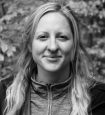

Christina Yap
The Institute of Cancer Research
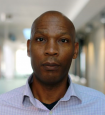
Derrick Bennett
Clinical Trial Service Unit and Epidemiological Studies Unit, University of Oxford.
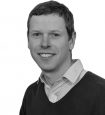
Jamie Sergeant
Centre for Biostatistics, University of Manchester

Jianhua Wu
Queen Mary University of London
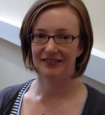
Kathryn Richardson
University of East Anglia
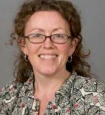
Jessica Harris
University of Bristol
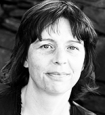
Dawn Teare
University of Newcastle

Catey Bunce
London School of Hygiene and tropical medicine
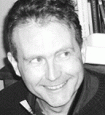
Simon Bond
Cambridge Clinical Trials Unit
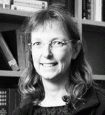
Sue Mallett
University College London

Alice Sitch
University of Birmingham
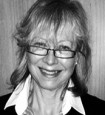
Jacqueline Birks
University of Oxford
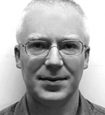
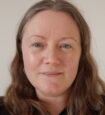
Liz Hensor
University of Leeds
